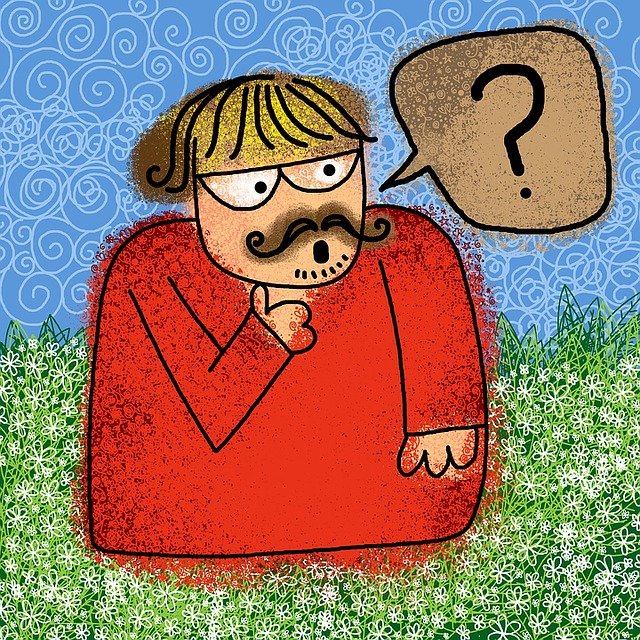What Did You Say? Posted by Gary Locke on Feb 17, 2022 in English Language, English Vocabulary
You’ve been learning English for a while, and you feel pretty good about your progress. Then, one day, you’re talking with a native speaker, and you didn’t quite understand something you heard. This happens frequently. Don’t worry about it. But, how do you respond?
One of the great, and annoying, things about English is that we have a lot of different ways to say the exact same thing. A simple phrase like, “What did you say?” can be expressed in an astonishing variety of statements and questions. Let’s look at changing up the way you ask someone to repeat themselves.
Maybe You Just Didn’t Hear It
Sometimes you just can’t hear the other person properly. It may be noisy in the room or outside, or the speaker simply wasn’t loud enough. You likely will stretch your neck out a little, tilt one ear in their direction, and say, “I’m sorry – what?” Nothing else needs to be said, and the other person will repeat themselves. Or, you could instead say one of these:
- “Sorry, I didn’t quite catch that.”
- “Could you repeat that, please?”
- “I’m sorry. Would you mind repeating that?”
- “What was that again?”
- “Say what?”
- “Pardon?”
- “Sorry, I think I missed that.”
You Heard It, You Just Didn’t Understand It
Another common problem occurs when a native speaker uses a word or phrase that you’ve never heard before. Maybe they used a super word. Typically, you would just smile and say, “I’m sorry, what does – mean?” But you could also say one of these:
- “I’m not sure I get that.”
- “That’s a new one on me!”
- “Sorry. I’m afraid I don’t follow you.”
- “That’s beyond me, I’m afraid.”
- “You’ve got me, I didn’t understand that.”
- “Would you mind explaining that, please?”
- “Could you say that again, please?”
- “That went right over my head.”
- “I’m not exactly clear on what that means.”
- “Would you mind clarifying that?”
Slow it Down
It’s no one’s fault, but sometimes a native speaker can talk too quickly for those of us who are still learning the language. A simple request to, “Please speak a little slower” is usually sufficient. Or, you could say one of these:
- “Nope, sorry, but I missed some of that. Would you repeat it more slowly, please?”
- “I didn’t catch all of that, sorry.”
- “I’m sorry, but I didn’t quite get all of that.”
- “Excuse me, but I couldn’t follow all of that.”
- “You’ll forgive me, but could you repeat that again a bit more slowly?”
You’ll notice that, out of politeness, many of these phrases are in the form of an apology. In most cases, the native speaker will tell you that no apology is necessary. Which is true. But being polite is a way of keeping all conversations respectful, and that is always the goal whenever two or more people get together. Especially if you come from different cultures. Never be afraid to ask for clarification, but also never be afraid to say it in different ways.

Build vocabulary, practice pronunciation, and more with Transparent Language Online. Available anytime, anywhere, on any device.





Comments:
Francisca Rosso:
wow, this lecture has been of a lot of helpfully to me.
Adelaide Dupont:
@Francisca Rosso Francisca,
I’m glad it has been helpful to you.
And I am sure Gary would be too.
Gary Locke:
@Adelaide Dupont Indeed, Francisca, helping you and readers like you is why I write this blog.